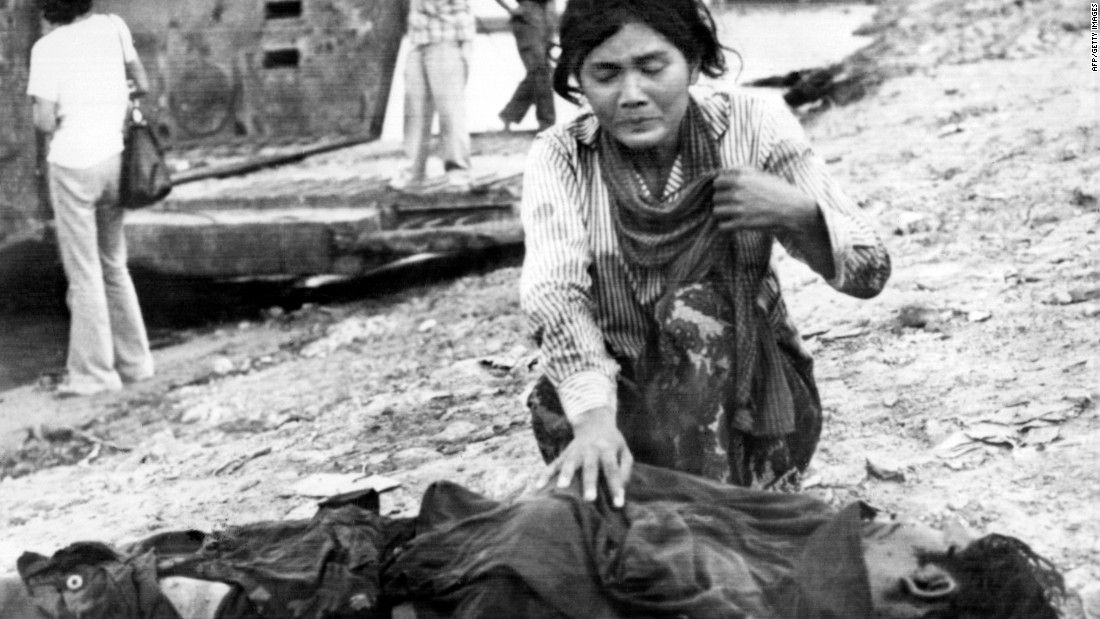ASA 150E
Professor Valverde
In this week's theme which is about post-war criticism and the Viet Nam Syndrome as Praxis. In the article "War, Genocide, and Justice" by Cathy Schlund center more about Cambodia and their struggle. While we focused much on the Vietnam war, we are now focusing on the Kmer Rouge's terror. The article depicts, "the Khmer Rouge 'scattered libraries, burned books, closed schools, and murdered schoolteachers'" (2). Due to the Khmer Rouge, Cambodians have faced trauma and eventually experienced what is known as the Cambodian syndrome. In addition, "Concentrated on 1.5 generation Cambodian Americans (defined as those who were children during the Killing Fields era or individuals born after the dissolution of the Khmer Rouge regime), War, Genocide, and Justice enrages the collected memory of the Killing Fields era and the legacy of Democratic Kampuchean authoritarianism for in-country Khmers and diasporic Cambodians"(3). This indicates how many Cambodians that were affected during this time. Also, Cambodian syndrome is known as what people remembered of the political memories of the genocidal past. Schlund states, "the struggle between history (as a dominant a priori linear narrative) and memory (as a radical recollection and processing of the past) foregrounds Sim's keynote address, which opens with the hopeful Buddhist wish that 'all the millions of people who died during the Pol Pot regime will be reborn in paradise'" (5). This arises the question that I have is how do we keep these tragedies from happening?

Source: https://www.cnn.com/2015/04/16/asia/cambodia-khmer-rouge-anniversary/index.html
No comments:
Post a Comment